Description
“Jammu and Kashmir: Article 370 of the Constitution of India” by K.L. Bhatia is a comprehensive examination of the historical and legal implications of Article 370 in the context of the Jammu and Kashmir region. Bhatia, a renowned legal scholar, presents a thorough analysis of this controversial provision, which granted special autonomous status to Jammu and Kashmir within the Indian Constitution. The book delves into the origins of Article 370, its impact on the state’s governance and relationship with the Indian Union, and the recent revocation of this provision. Through meticulous research and a balanced approach, Bhatia sheds light on the complex and often contentious issues surrounding Article 370.
In this book, Bhatia begins by providing a historical backdrop to the inclusion of Article 370 in the Indian Constitution. He explores the circumstances leading to its adoption and the negotiations between various stakeholders, including the leaders of Jammu and Kashmir and the Indian government. Bhatia highlights the intent behind granting special status to the region, aiming to provide autonomy while maintaining its integration within India.
Moving forward, the author examines the functioning and implications of Article 370 in practice. He dissects the relationship between the Indian Union and Jammu and Kashmir, discussing the unique constitutional arrangements that governed the state. Bhatia analyzes the impact of Article 370 on governance, legislation, and the relationship between the central government and the state government. He explores the economic and social consequences of the provision and its role in shaping the identity and aspirations of the people of Jammu and Kashmir.
Furthermore, Bhatia provides an in-depth evaluation of the revocation of Article 370. He discusses the political and legal justifications for this significant decision, analyzing its implications for the region and the broader implications for Indian federalism. The author examines the constitutional amendments and administrative changes made in the aftermath of revocation, offering a critical perspective on the effectiveness and potential challenges in implementing the new framework.
Bhatia’s analysis of Article 370 is meticulous and well-researched. He presents a balanced view, considering multiple perspectives while maintaining objectivity. The author draws upon a wide range of primary and secondary sources, including legal documents, historical accounts, and expert opinions, to support his arguments and provide a comprehensive understanding of the subject matter. Bhatia’s expertise in constitutional law shines through, as he navigates the complexities of Article 370 with clarity and precision.
One of the book’s strengths is its ability to contextualize the historical events and political dynamics surrounding Article 370. Bhatia delves into the socio-political climate of Jammu and Kashmir, highlighting the aspirations, grievances, and struggles of the people living in the region. By doing so, he humanizes the subject matter, making it relatable and engaging for readers who may not be well-versed in constitutional law.
In comparison to other works on the topic, Bhatia’s book stands out for its comprehensive approach. While many publications tend to focus solely on the legal aspects of Article 370, this book goes beyond the legal framework to explore the historical, social, and political dimensions. Bhatia’s interdisciplinary analysis provides a more holistic understanding of the issues at hand, making this book a valuable resource for scholars, policymakers, and general readers interested in the subject.
Throughout the book, Bhatia uncovers various interpretations and themes related to Article 370. He highlights the tension between autonomy and integration, the evolving dynamics of federalism in India, and the delicate balance between regional aspirations and national unity. The book explores the themes of identity, self-determination, and the complexities of governance in a diverse and pluralistic society. Bhatia’s interpretation is nuanced, allowing readers to critically engage with the subject matter and form their own perspectives.
As a non-fiction book focused on constitutional law and politics, “Jammu and Kashmir: Article 370 of the Constitution of India” does not feature fictional characters or employ characterization techniques typically found in the literature. Instead, the book examines the key players involved in the formulation and revocation of Article 370, such as political leaders, legal experts, and activists. Bhatia provides a comprehensive analysis of their roles, motivations, and contributions, helping readers understand the dynamics of decision-making and the factors that influenced the course of events.
About the Author:
K.L. Bhatia is a distinguished legal scholar and academic with expertise in constitutional law and Indian federalism. He has published extensively on various aspects of Indian law and governance, making significant contributions to the field. Bhatia’s work reflects his deep understanding of the subject matter and his ability to present complex legal concepts in a clear and accessible manner. His reputation as a thoughtful and balanced scholar is evident in this book, as he navigates a highly contentious and polarizing topic with finesse.
Bhatia’s writing style is scholarly yet accessible, making this book suitable for both legal experts and general readers interested in the topic. He employs a logical and structured approach, guiding readers through complex concepts and legal arguments with clarity. Bhatia’s use of relevant examples, case studies, and historical anecdotes adds depth and richness to the narrative, enhancing the reader’s understanding and engagement. The book is meticulously researched and well-organized, ensuring a coherent flow of ideas throughout.
What People Say About This Book:
Reader reception of “Jammu and Kashmir: Article 370 of the Constitution of India” has been overwhelmingly positive. Scholars and experts have praised Bhatia’s comprehensive analysis, deep insights, and nuanced understanding of the subject matter. Many readers appreciate the book’s balanced approach, which provides a fair and unbiased examination of Article 370. The accessible writing style and clear explanations have also garnered praise, allowing readers from diverse backgrounds to engage with complex legal concepts. Overall, the book has been regarded as a valuable contribution to the understanding of Article 370 and its implications.
- Meticulously researched and comprehensive analysis
- Balanced and unbiased perspective
- Clear and accessible writing style
- Interdisciplinary approach exploring historical, social, and political dimensions
- Deep insights into the implications of Article 370 and its revocation


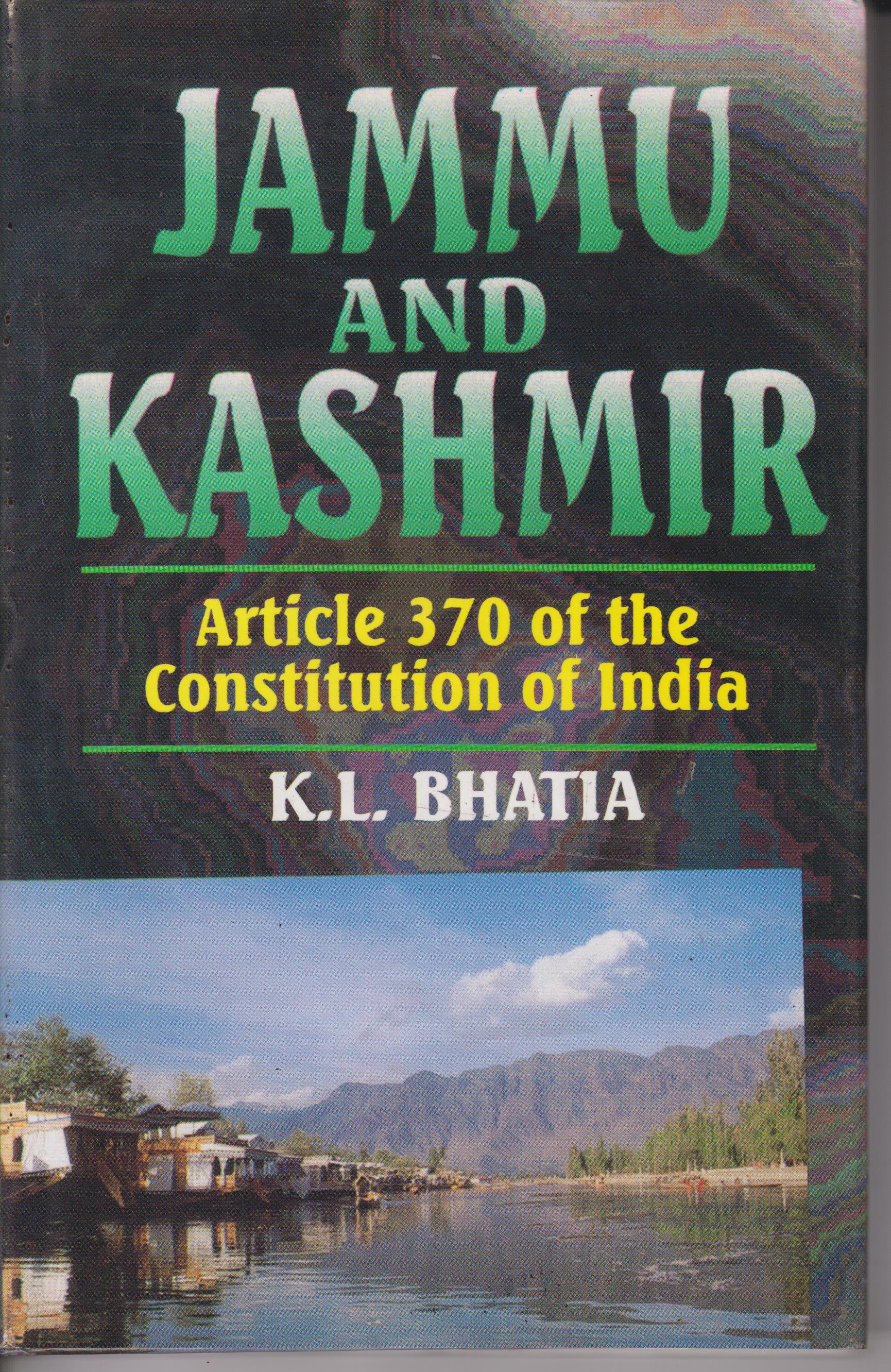
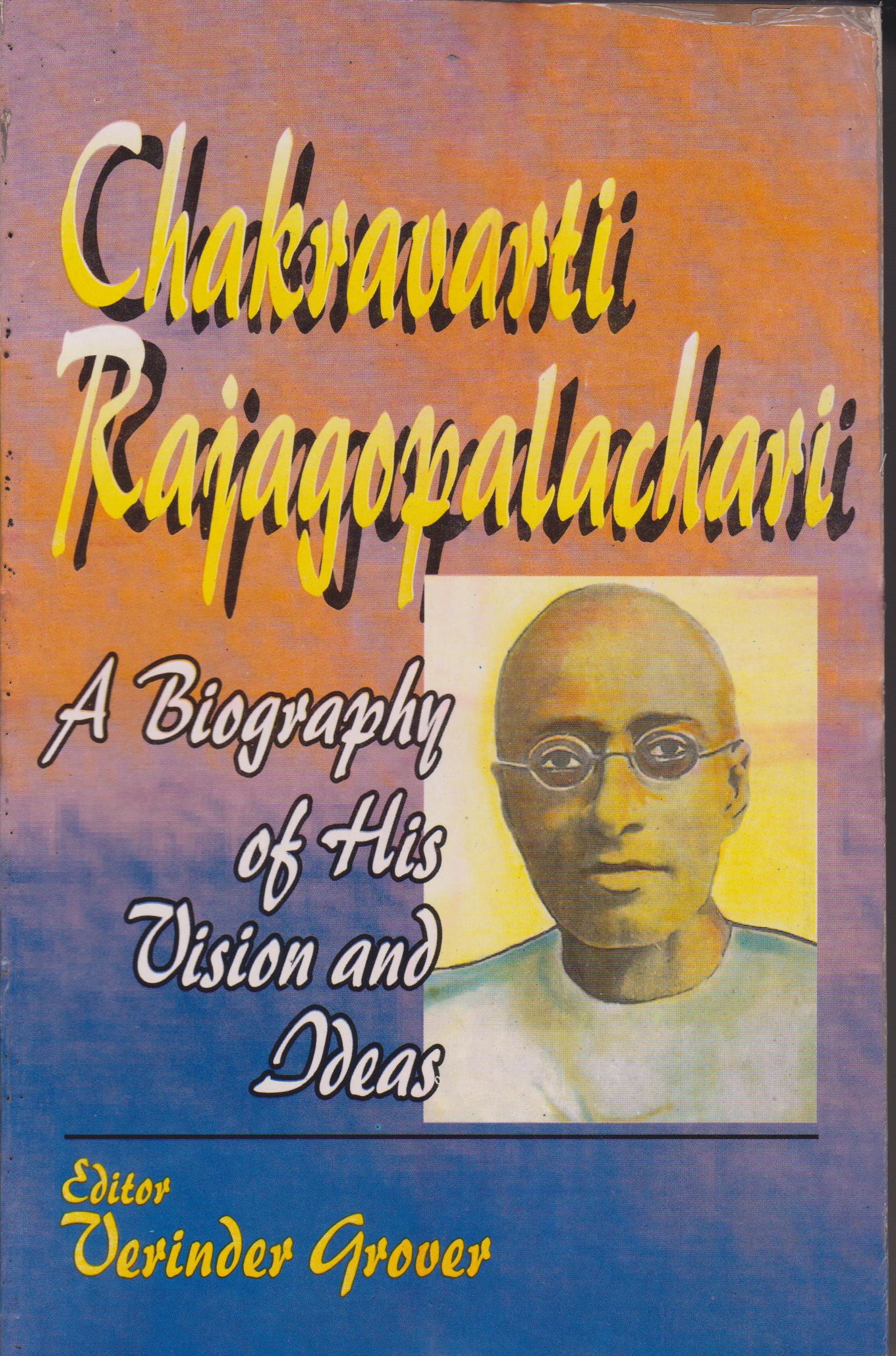

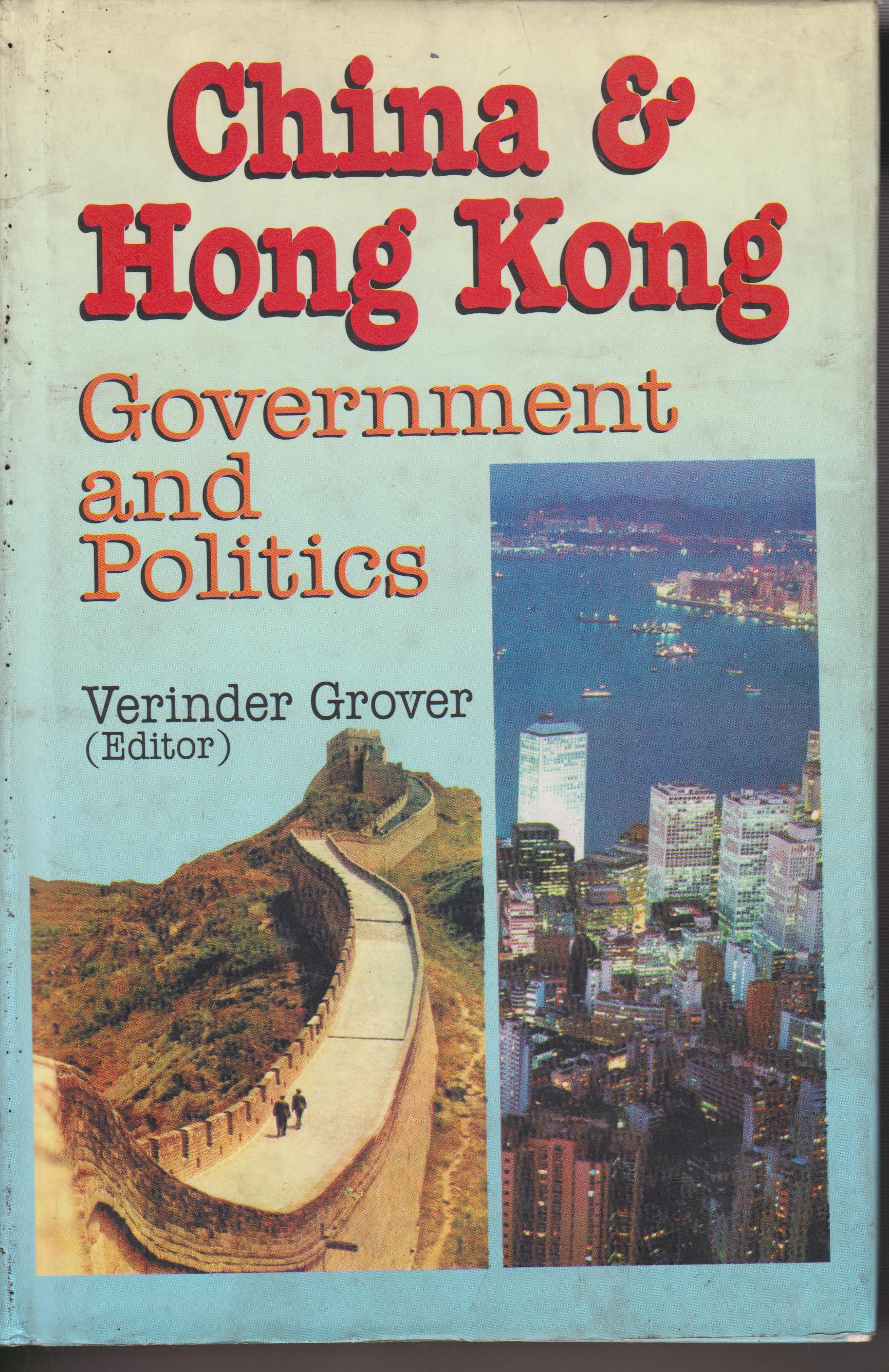
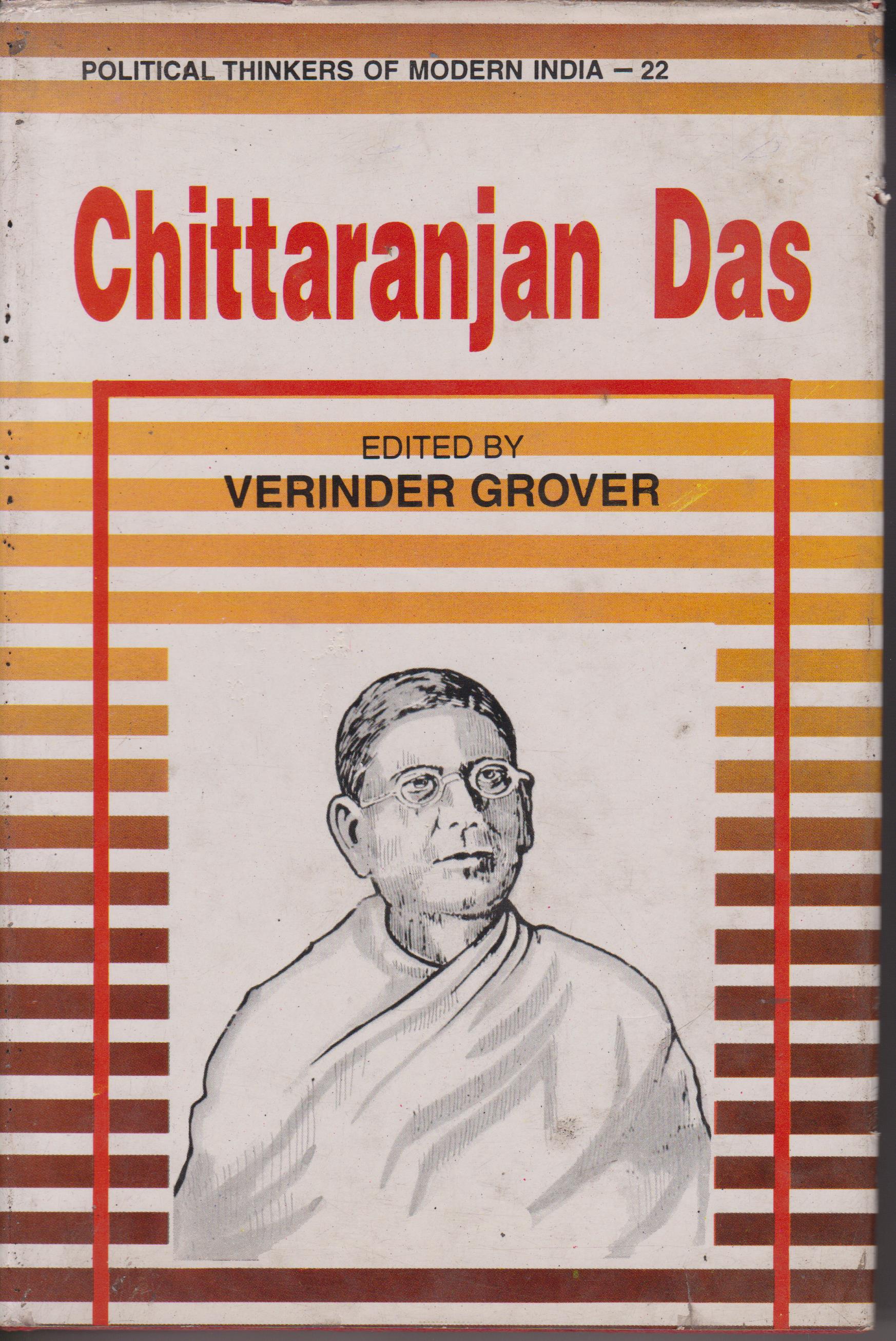
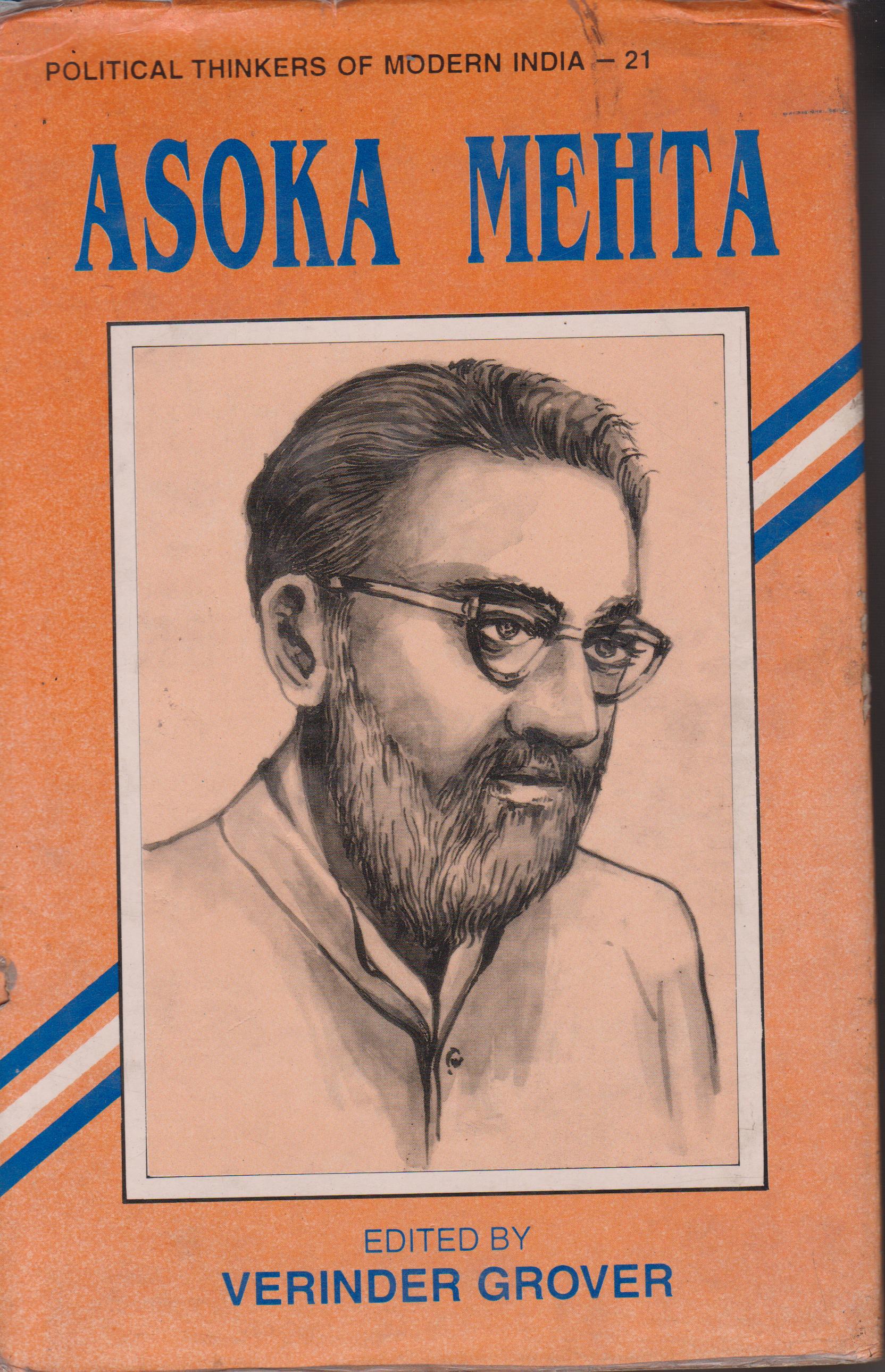
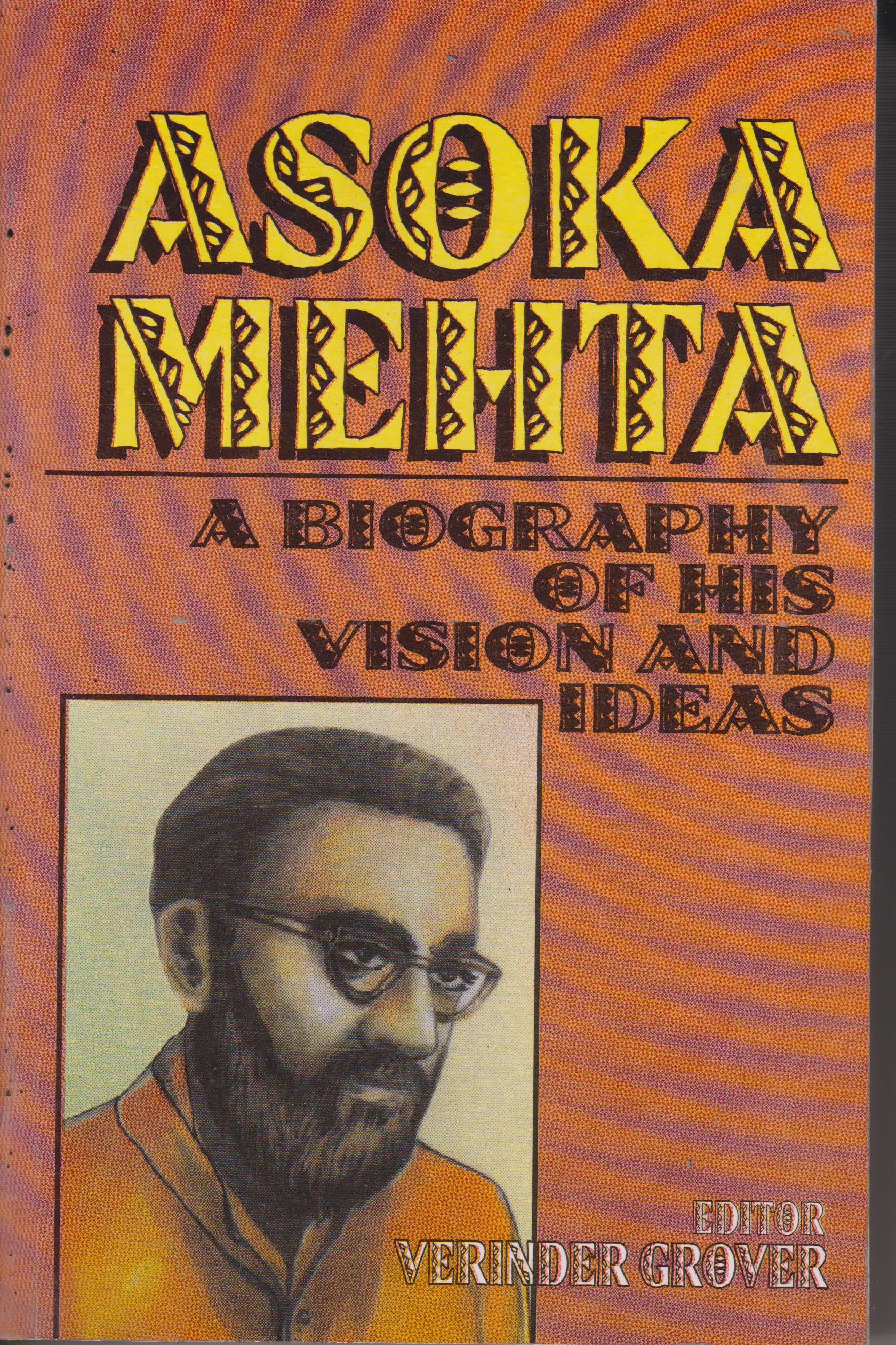

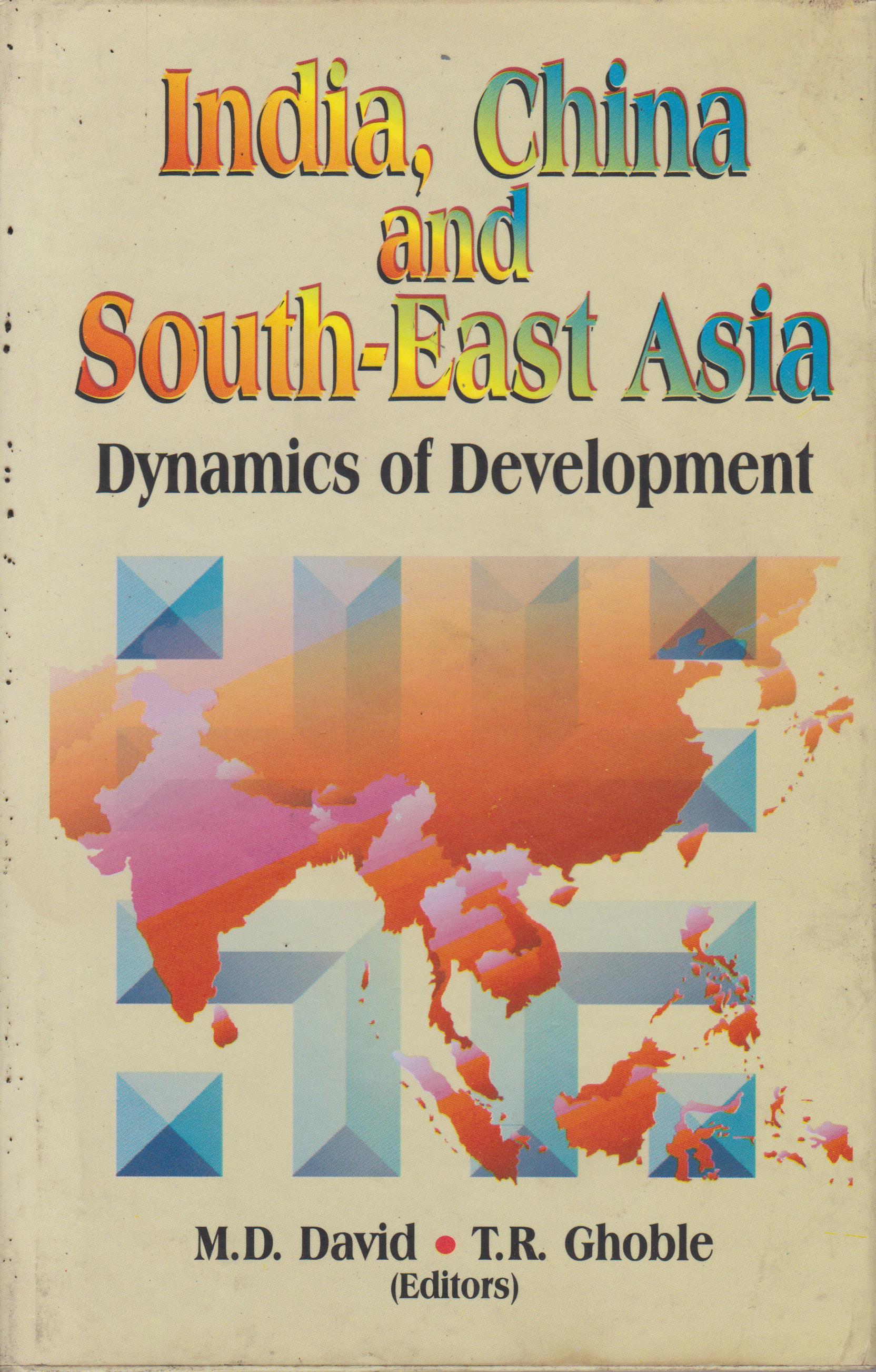
Reviews
There are no reviews yet.